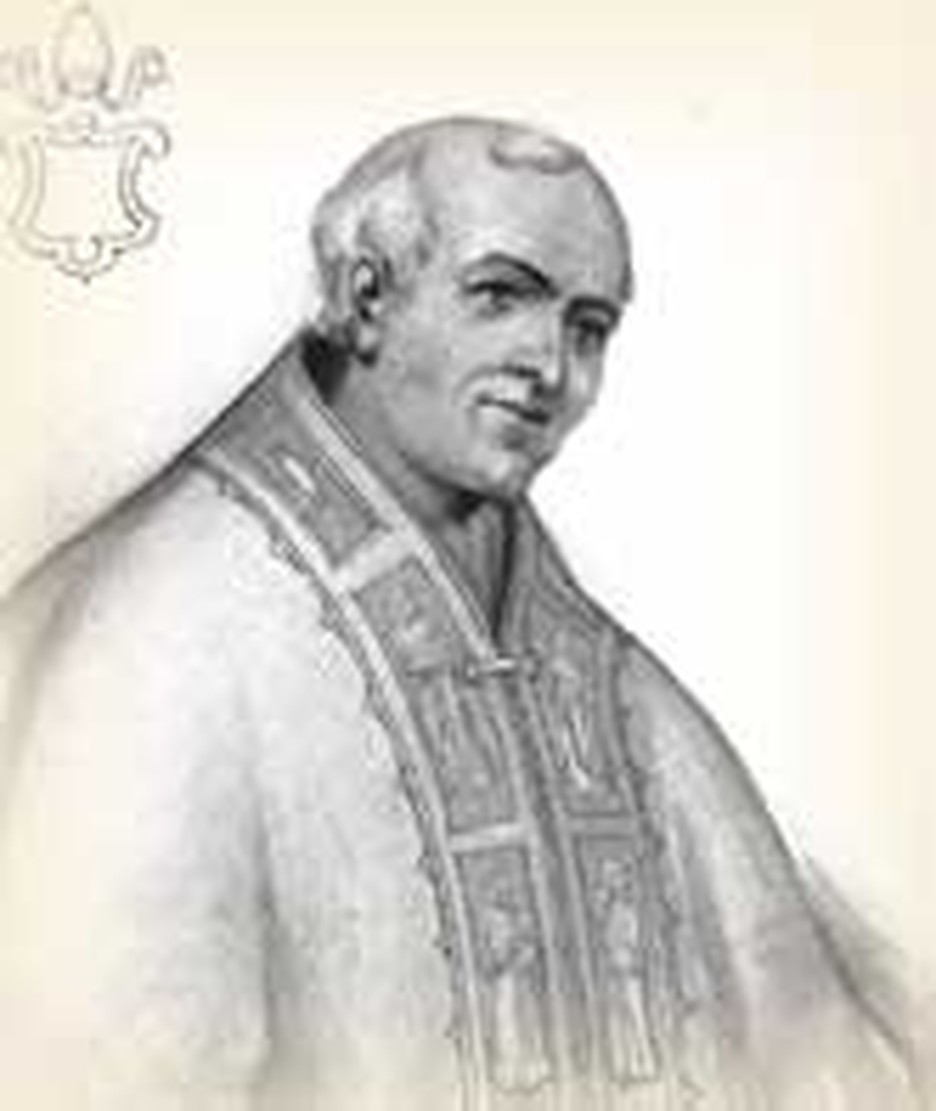
Marsilius of Padua denounced the papacy, blaming the popes for the miseries of Italy. Papal excommunication and interdicts had interfered with lawful governments, he alleged, subjecting Italy to crime, wars, corruption and many other blights. In his book Defensor pacis, Marsilius reasoned that the state should run its own affairs without interference from the church.
Two kinds of government exist: that which rules with the consent of people and that which rules without. The latter is tyranny. The ideal government not only rules with the consent of the people but by election, said Marsilius. Believe it or not, he was writing in the fourteenth century.
If he had his way, the people would elect both their council and ruler. Marsilius stopped short of full separation of powers, however, for made judges an appendage of executive authority.
Like the reformers who came after him, Marsilius argued that popes have no scriptural basis for their authority. Christ claimed no earthly power for himself. "My kingdom is not of this world," he said. Likewise, the apostles made no grab for power. Their discipline did not extend beyond the walls of the church. By contrast, Popes and other churchmen often interfered with the administration of nations when instead of grabbing power they should have been serving. In making such arguments, Marsilius assumed that the scriptures alone are the rule of faith. Not even church councils could replace the authority of God's word.
Such an attack on the claims of the Medieval church could not be ignored. Marsilius' book was completed June 24, 1324. Within two years he and his collaborator, John of Jandun, were forced to flee for asylum from Paris to Bavaria. On this date April 3, 1327, the pope issued a bull denouncing the pair as "sons of perdition and fruits of malediction." Clearly churchmen did not like what they read. To make sure no one missed the point, Rome again condemned the work on April 27th.
Ludwig of Bavaria protected Marsilius. When he invaded Rome and deposed Pope John XXII, he took the scholar with and made him Vicar of Rome. Marsilius proved a tyrant, vigorously persecuting those clergy who remained loyal to John, and proving that the checks and balances he called for were needed on him, too. It is easier to write theory than to implement it.
During his lifetime the book was little studied. After his death, it took on more importance. According to Catholic Encyclopedia, "Marsilius certainly selected for emphasis just those ideas that would become important in the future." Copies of the book survived their double condemnation and it was printed in 1517, the same year Luther posted his 95 theses. In fact, Luther was accused of resurrecting Marsilius' ideas. The English reformers Cranmer and Hooker studied the work when constituting the English church. Condemnation of a work seldom destroys its influence.
Bibliography:
- Copleston, Frederick. A History of Philosophy, Vol III; Ockham to Suárez. Westminster, Maryland: Newman Press, 1953; chapter XI.
- Gewirth, Alan. Marsilius of Padua; the defender of peace. New York, Columbia University Press, 1951 - 56.
- "Marsilius of Padua." Encyclopedia of Philosophy. Editor Paul Edwards. New York, Macmillan, 1967.
- Salembier, L. "Marsilius of Padua." The Catholic Encyclopedia. (New York: Robert Appleton, 1914).
- Sander, F. "Marsilius of Padua." New Schaff-Herzog Encyclopedia of Religious Knowledge. Grand Rapids: Baker Book House, 1954.
- Various histories of philosophy (such as Bertrand Russell's Wisdom of the West) encyclopedia and internet articles.
Last updated April, 2007.


.jpg)
